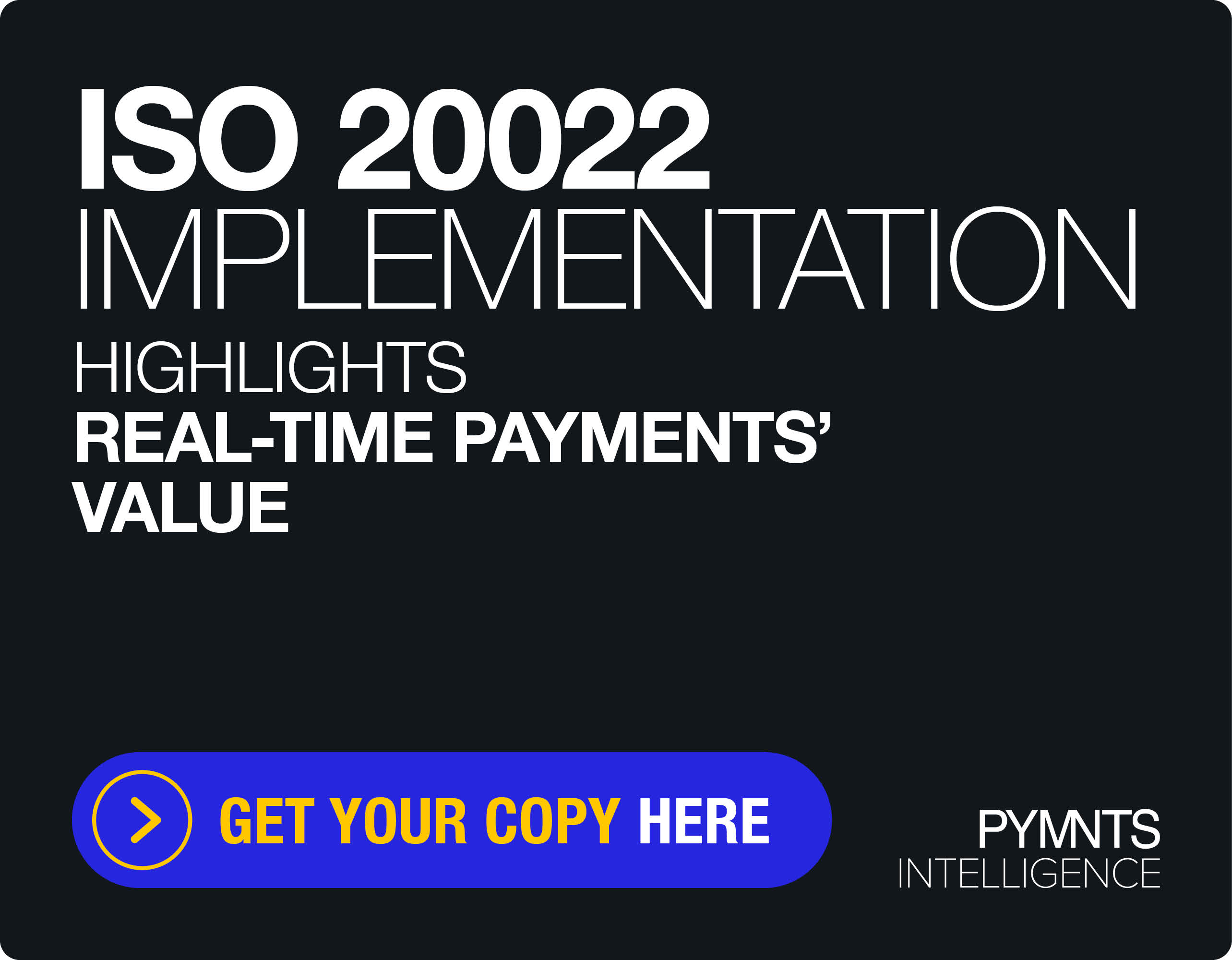Ant, Tencent, Xiaomi Seek Hong Kong Digital Banking Licenses

As Hong Kong gears up to roll out digital banking licenses, a few of the largest banks in the world are set to compete with online firms. The government plans to provide digital banking licenses to companies such as Ant Financial, Tencent, Xiaomi, ZhongAn, and Alibaba, The Financial Times reported.
Only a few banks currently lead the market in Hong Kong. Capco Digital’s Isabel Wendleken said, according to the outlet, “They own a lion’s share of the market and it’s hard for them to change. That’s why digital banking has the potential of disrupting it if it’s done correctly.”
Goldman Sachs research indicates that roughly two-thirds – or approximately 66 percent – of retail banking loans in Hong Kong are accounted by Hang Seng Bank, Standard Chartered, HSBC and Bank of China Hong Kong. And, according to the outlet, they comprise “an even larger share of credit cards and retail mortgage loans.” Yet companies from China may seek to position themselves as firms that let customers have more control over their information along with easier internet banking.
In 2017, Accenture researchers found that just over half – or 53 percent – of customers in Hong Kong are satisfied with the banks that they have. Last year, it was said that online-only banks could cause consumers who are looking for a change to switch their providers for banking. Accenture Asia Pacific managing director Fergus Gordon said, according to Reuters in 2018, “There is a large majority of customers in major markets who are willing to do banking with different models, and digital banks have a great opportunity to tap into that.”
According to reports, small businesses are set to be a large target for online banks as providers seek to roll out foreign exchange, online lending and business payment services. And, as it stood in 2018, HSBC, Hong Kong’s market leader, had profits of $1.4 billion in its wealth management and retail operations for the second quarter. Reports indicated that the market makes up 80 percent of its banking revenue around the world.
